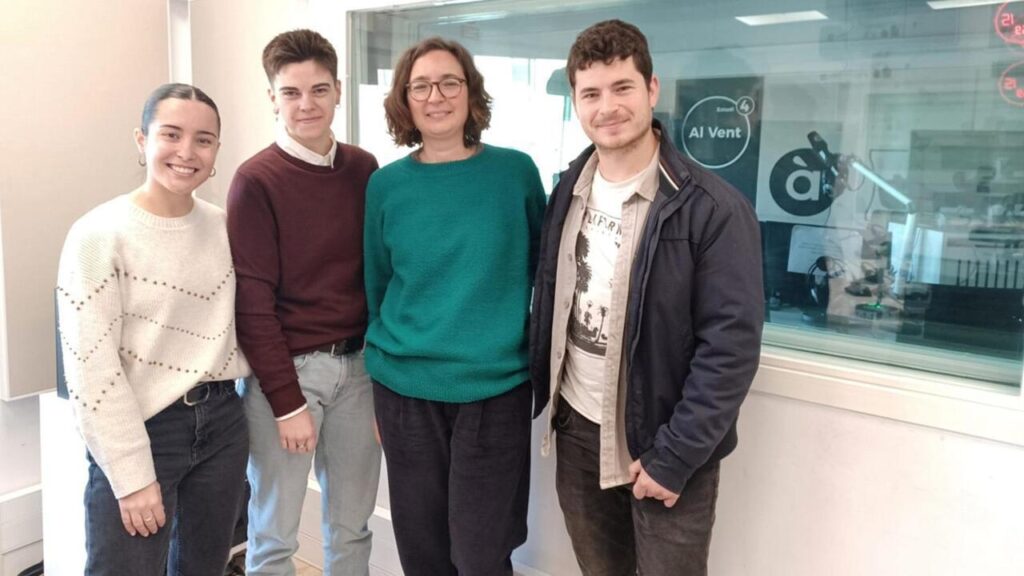On January 19, we had the pleasure of participating in the program “El Rall” on À Punt, where we shared an inspiring conversation about how we work at the Foundation for Justice to create opportunities for social inclusion. During the interview, we discussed some of our most significant projects, such as the Natzaret Morning School, the impact of culture on our work and the initiatives that drive us after more than 30 years of work.
Natzaret Morning School: much more than just a breakfast
When we were asked about the Natzaret Morning Nursery School, we were proud to explain how this project, which began more than a decade ago, has evolved to become a comprehensive support space for children at risk of social exclusion.
Today, the Morning Nursery School serves 30 children in coordination with the Nuestra Señora de los Desamparados center. The program has three essential pillars:
- A balanced diet to start the day with energy and cover basic needs.
- Cultural and educational activities that encourage creativity, teamwork and learning, thanks to the commitment of volunteer staff.
- Advice to families, a space where mothers and fathers can express their concerns and receive personalized support.
With this structure, we not only seek to address immediate needs, but also to offer tools that allow children and their families to improve their quality of life and break cycles of exclusion.
The evolution of the project: inclusion through culture
During the interview, we also reflected on how the Escoleta has changed since its beginnings. What began as a way to reduce school absenteeism by offering breakfasts has transformed into a broader initiative that addresses the emotional, educational and cultural needs of children.
Starting in the 2023-24 academic year, we are incorporating new cultural activities. For example, we are working on projects such as «The Casal of our Falla», which beyond creating the physical fault, promotes values such as socialization, creativity and cultural vindication through dynamics such as theater and roleplaying. We have also launched the Dance School, where minors, many of them of Gypsy ethnicity, become teachers to share an essential part of their cultural identity.

A transformative impact
What changes do we see in the children? Beyond covering their nutritional and health needs, the project has a profound impact on their relationships and emotional development. We have observed how they learn to dialogue, manage conflicts and respect each other. This growth does not stay in the classroom; they take it to their families, their environment and their daily lives.
In addition, the Escoleta has significantly reduced school absenteeism, motivating children to attend every day and contributing to family reconciliation.
30 years of commitment to Human Rights
This year is especially significant for us: Fundación por la Justicia is celebrating its 30th anniversary. Since 1994, we have worked to raise awareness in society about injustices and violations of Human Rights, always with the aim of opening doors to those who need it most.
In the interview, we also shared some of our other projects, such as our cultural intervention at the Picassent penitentiary and new initiatives aimed at adolescents affected by DANA.
You can listen to the interview by clicking on the button below, starting at minute 55:40.
